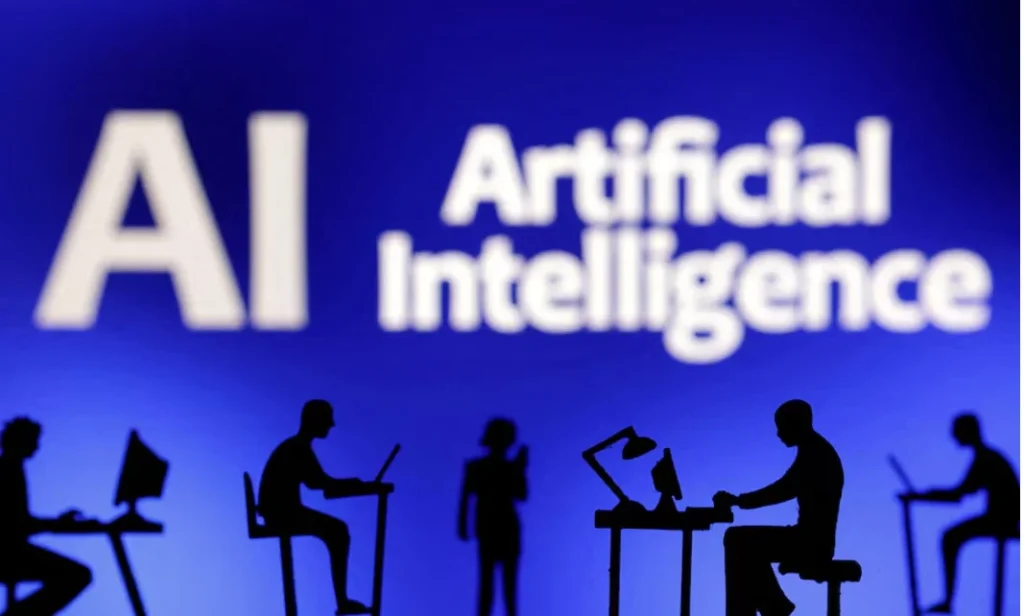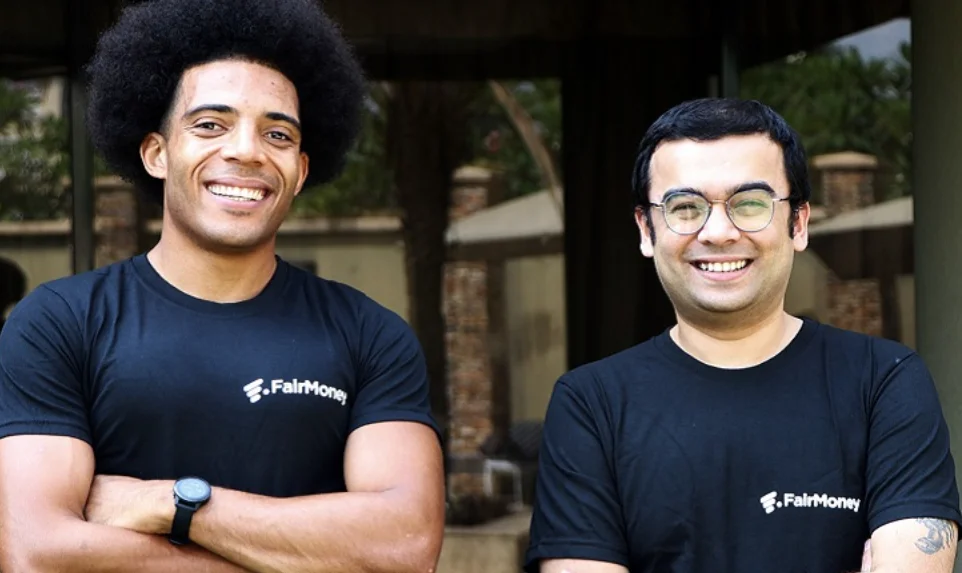As generative AI struggles to prove ROI in most sectors, one niche is breaking away: AI code generation. So-called “vibe coding” startups are attracting sky-high valuations, transforming the software development landscape, and drawing attention from major tech giants like OpenAI.
Code Generation Startups Lead the Generative AI Surge in 2025
Two years after the launch of ChatGPT, many industries are still waiting for a clear return on investment from generative AI. But in the realm of software development, AI-powered code generation startups—known for automating tedious programming tasks—are booming.
In May 2025, Cursor, a San Francisco-based code-gen startup, raised a $900 million funding round at a $10 billion valuation. Backed by elite tech investors like Thrive Capital, Andreessen Horowitz, and Accel, Cursor’s tool can suggest code completions, write entire functions, and even generate large blocks of code with minimal human input.
Windsurf and the Rise of “Vibe Coding”
Another startup making waves is Windsurf, the creator of the AI coding tool Codeium, based in Mountain View. According to sources cited by Reuters, OpenAI is in talks to acquire Windsurf for $3 billion as it seeks to expand its influence in the AI software engineering space.
Windsurf’s flagship product specialises in “vibe coding,” an emerging term for tools that translate natural English commands into functional code, allowing non-programmers to build applications without writing a single line of syntax.
Neither OpenAI nor Windsurf have commented on the acquisition talks.
How AI Is Transforming the Role of Software Engineers
“AI has automated all the repetitive, tedious work,” said Scott Wu, CEO of Cognition, another code generation startup. “The software engineer’s role has already changed dramatically. It’s not about memorising esoteric syntax anymore.”
Code-gen startups are enabling developers to focus more on architecture, problem solving, and creative design, while AI handles boilerplate code, documentation, and refactoring.
Sky-High Valuations, But No Profit Yet
Despite commanding multi-billion-dollar valuations, most of these startups aren’t profitable. One major reason: their dependence on costly foundation models developed by companies like OpenAI, Anthropic, or DeepSeek. As usage grows, so do the API costs per query, raising sustainability concerns.
At the same time, Big Tech isn’t standing idle. In May 2025, Microsoft, Google, OpenAI, and Anthropic each announced new code-gen products, further heating up competition in the space.
GitHub Copilot Still Dominates, but Competition Heats Up
Microsoft’s GitHub Copilot, launched in 2021, remains the dominant code generation product. A source familiar with the matter told Reuters that Copilot generated over $500 million in revenue in 2024. The product now boasts over 15 million users, as revealed on Microsoft’s April earnings call.
Despite its head start, Copilot now faces growing competition from nimble startups offering more intuitive and accessible AI coding interfaces, many of which are riding the “vibe coding” wave to mainstream popularity.
A Land Grab for AI Developers and Market Share
Founders and investors of AI code generation startups see the next 12–18 months as a “land grab” phase a window to gain critical user mass and become the default tool for developers globally.
The stakes are high, with the potential to disrupt billions in labour costs and reshape how software is created.
Key Takeaways for Investors and Developers
- Cursor raised $900M at a $10B valuation in May 2025.
- OpenAI is in talks to acquire Windsurf (the maker of Codeium) for $3B.
- “Vibe coding” tools enable non-developers to build software using plain English.
- GitHub Copilot remains the leader but now faces serious competition.
- Code-gen startups rely on external AI models, making profitability challenging.
- Microsoft, Google, and Anthropic have all launched new AI coding tools this year.
The Future of Coding Is Changing Fast
As AI-powered coding tools rapidly evolve, the traditional software engineering role is being redefined. Whether you’re a developer, tech investor, or enterprise CTO, the rise of code-gen and vibe-coding startups is a trend worth watching. With billions flowing into space and tech giants entering the fray, the future of software development may soon be written in plain English.












